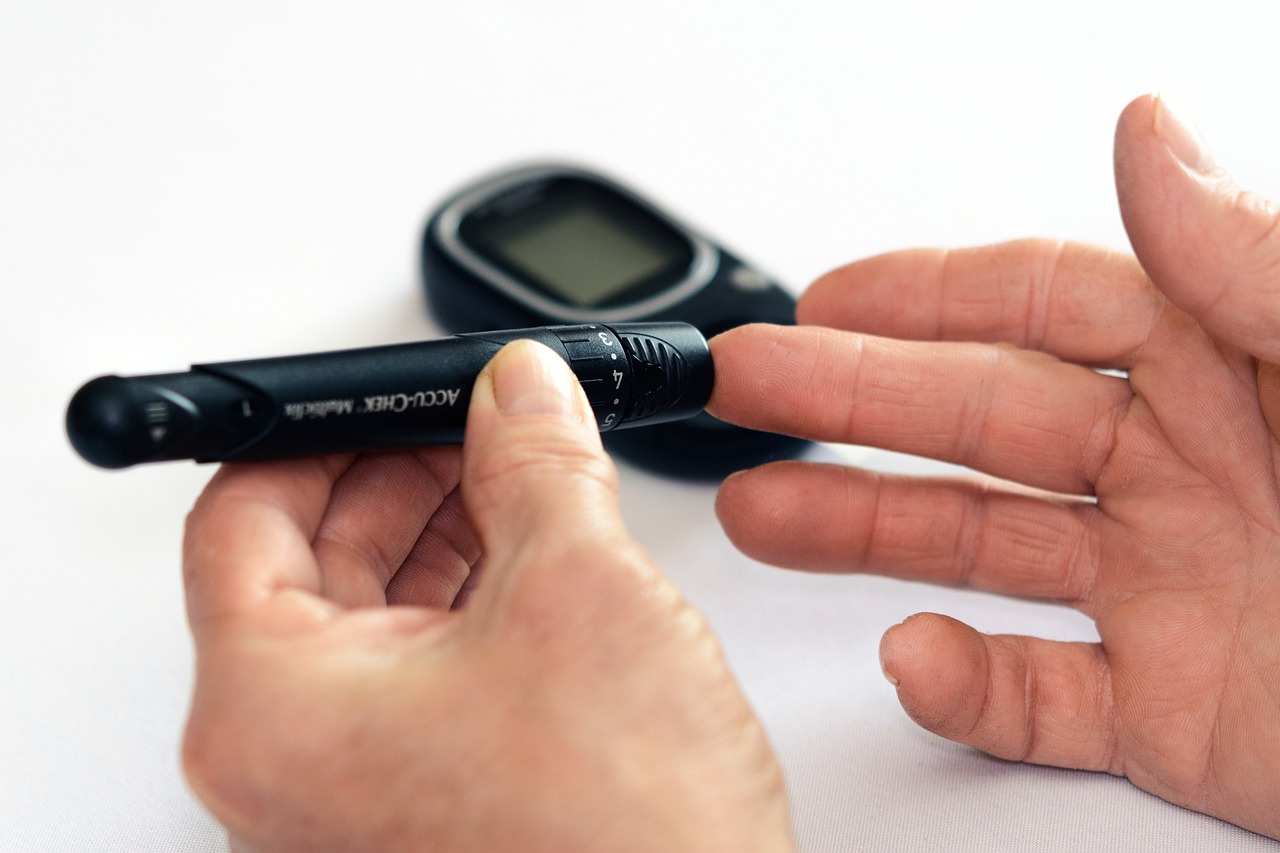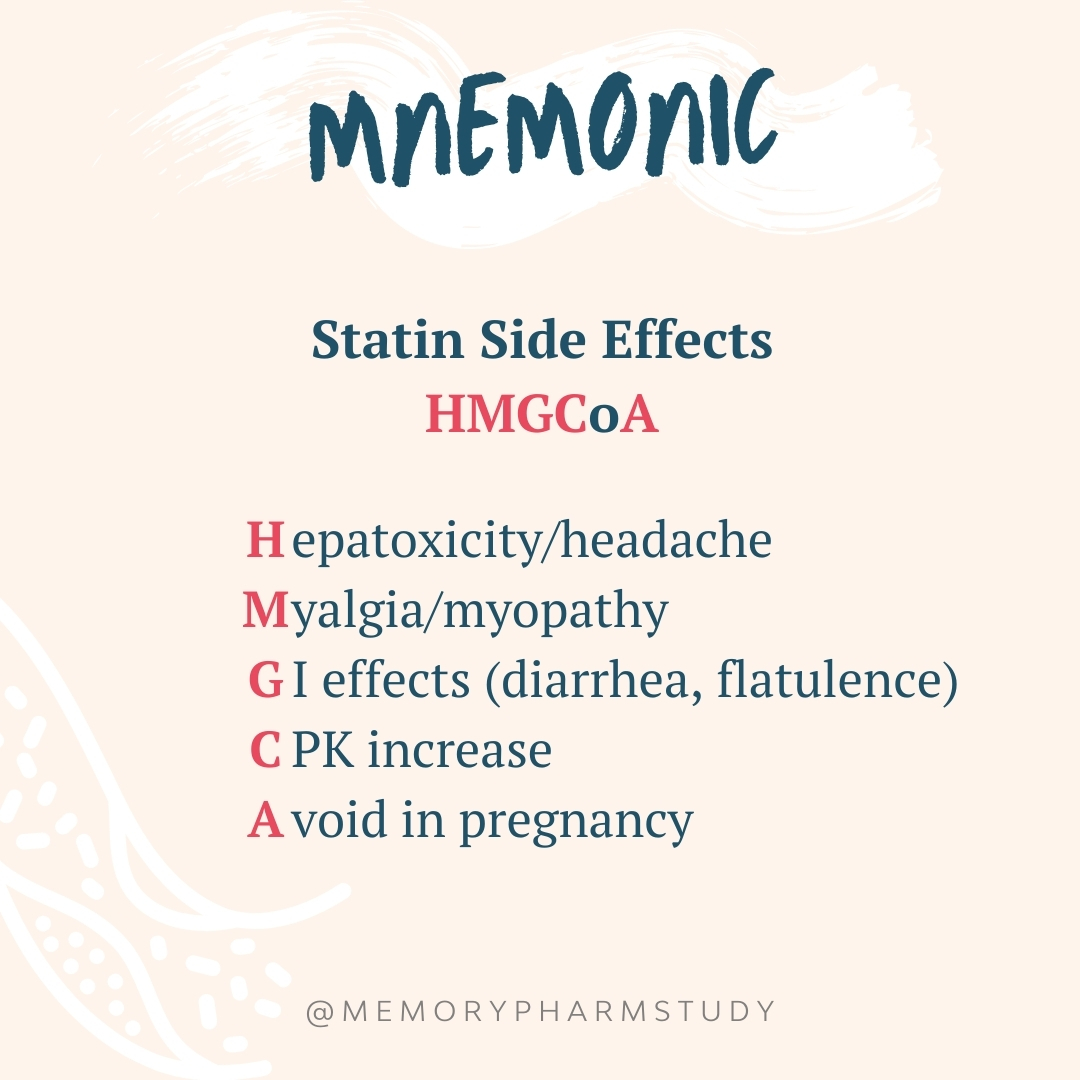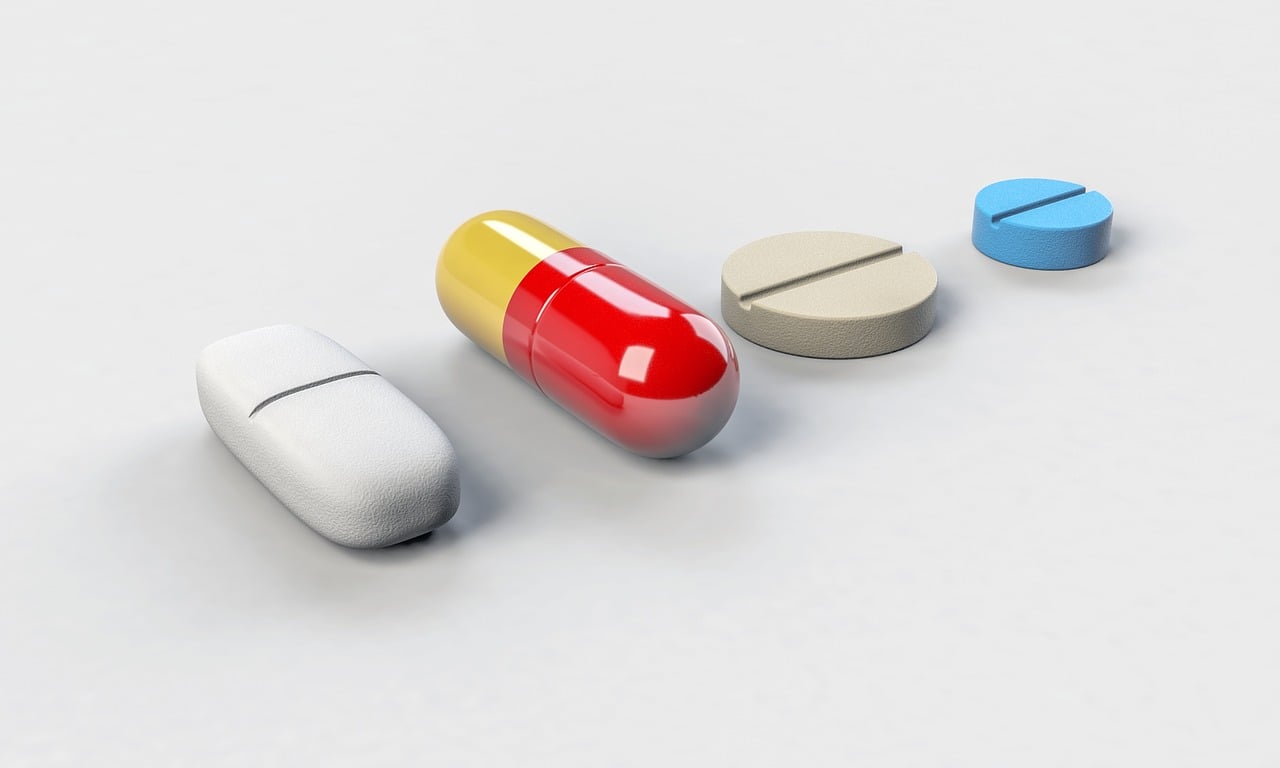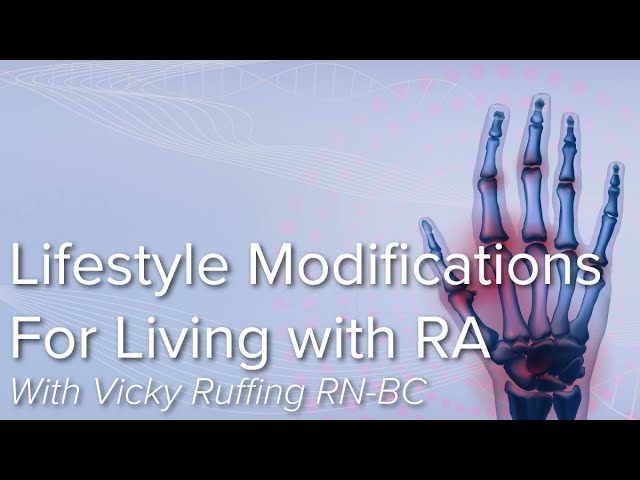Introduction
Statins are a class of medications widely prescribed to help lower cholesterol levels in individuals at risk of cardiovascular diseases. These drugs are effective in reducing the risk of heart attacks and strokes by lowering LDL (low-density lipoprotein) cholesterol levels in the blood. However, like most medications, statins can have side effects. In this article, we will explore the common side effects of statins and offer strategies to manage them effectively.
Statins, revered for their pivotal role in cardiovascular health, stand as a cornerstone in modern medicine’s arsenal against heart disease. These medications are frequently prescribed to individuals at risk of cardiovascular diseases, acting as a powerful shield against the looming threat of heart attacks and strokes. Their primary mission is to tackle the notorious villain in this narrative: LDL cholesterol, often dubbed “bad cholesterol.”
By effectively reducing LDL cholesterol levels in the bloodstream, statins play a significant role in preventing the formation of arterial plaques that can lead to blockages and catastrophic events like heart attacks. They are a testament to the advancements in medical science and have undoubtedly saved countless lives.
However, as with any medical intervention, statins are not without their nuances. Like a double-edged sword, their efficacy in cholesterol management may come hand in hand with potential side effects. These side effects, although generally well-tolerated, can range from mild discomfort to more severe complications. Therefore, understanding and managing these side effects are crucial components of a patient’s journey toward better heart health.
In this comprehensive article, we embark on a journey through the landscape of statin side effects, shedding light on their common occurrences and potential impacts. Equally important, we equip you with strategies to effectively manage and mitigate these side effects, ensuring that your experience with statins is as smooth and beneficial as possible.
Navigating the world of statins requires not only the guidance of healthcare professionals but also informed and empowered patients. Together, we will delve into the realm of cholesterol management, exploring the intricate balance between the benefits of statins and the potential challenges they may pose. In doing so, we empower individuals to make well-informed decisions about their cardiovascular health, helping them lead longer and healthier lives.
To delve further into this matter, we encourage you to check out the additional resources provided here: Statin Therapy: Review of Safety and Potential Side Effects – PMC
One of the most frequently reported side effects of statins is muscle pain or myalgia. Some people experience mild discomfort, while others may develop severe muscle weakness. If you notice muscle pain or weakness while taking statins, it’s important to inform your healthcare provider.
One of the most frequently reported side effects of statins is muscle pain or myalgia. Some people experience mild discomfort, while others may develop severe muscle weakness. This side effect, while relatively common, should not be ignored. If you notice muscle pain or weakness while taking statins, it’s crucial to inform your healthcare provider promptly.
Muscle-related side effects, such as myalgia, occur because statins can sometimes interfere with the normal functioning of muscle cells. This interference can lead to various symptoms, ranging from a dull ache to sharp pain. While most individuals can tolerate this discomfort and continue taking statins, some may find it significantly bothersome.
It’s important to understand that not all muscle pain is necessarily caused by statins, and other factors, such as physical activity or underlying medical conditions, can contribute to muscle discomfort. Your healthcare provider will carefully evaluate your symptoms, conduct necessary tests, and consider your overall health status to determine the most appropriate course of action.
In cases where the muscle pain is mild and manageable, your healthcare provider may recommend simple measures, such as adjusting the dosage, switching to a different type of statin, or incorporating lifestyle changes like regular exercise. However, if the muscle pain is severe or persists, it may be necessary to discontinue statin use. In such cases, alternative cholesterol-lowering medications or treatment strategies can be explored to manage your cardiovascular health effectively.
The key takeaway is that open and honest communication with your healthcare provider is essential when you experience muscle-related side effects while taking statins. They can guide you through the decision-making process, help you weigh the benefits and potential risks of continued statin use, and tailor a treatment plan that best addresses your unique medical needs and concerns. Remember that the goal of statin therapy is to reduce the risk of heart disease and stroke, and your healthcare provider is your partner in achieving this goal while ensuring your overall well-being.
You can also read more about this here: Scientists identify potential cause of statin-related muscle pain – BHF

Statins can occasionally cause elevated liver enzymes, which may indicate liver damage. Regular monitoring of liver function through blood tests is essential when using statins to catch any abnormalities early.
Elevated liver enzymes, while relatively rare, are a potential side effect of statin medications. These enzymes are essential markers of liver health, and any significant increase in their levels can be a cause for concern. While this might sound alarming, it’s important to understand that the occurrence of severe liver damage from statins is quite uncommon.
Regular monitoring of liver function through blood tests is a crucial practice when using statins, and it serves several purposes:
Early Detection of Issues: Routine blood tests allow healthcare providers to detect any abnormalities in liver enzymes at an early stage. This proactive approach ensures that any potential liver-related problems can be addressed swiftly, minimizing the risk of severe damage.
Assessment of Medication Tolerance: Liver function tests help determine whether your body is tolerating the statin medication well. If there is a consistent increase in liver enzymes, it may indicate that your body is not processing the medication as expected. Your healthcare provider can then make necessary adjustments to your treatment plan.
Customizing Treatment: Depending on your liver enzyme levels and overall health, your doctor can tailor your statin therapy to minimize any potential risks. This might involve changing the type or dosage of statin or exploring alternative cholesterol-lowering approaches.
Patient Education and Awareness: Regular monitoring also serves as an opportunity for your healthcare provider to discuss any concerns or questions you may have about your medication. It’s essential to have open communication with your doctor to ensure you understand the benefits and potential risks associated with your treatment.
Peace of Mind: For many patients, knowing that their liver function is being monitored can provide peace of mind. It helps create a sense of control and reassurance that any issues will be addressed promptly.
It’s important to note that most individuals taking statins do not experience significant liver problems. The benefits of statins in reducing the risk of heart disease often outweigh the potential risks, but regular monitoring is a precautionary measure to ensure your safety and well-being throughout your treatment.
In conclusion, while statins can occasionally lead to elevated liver enzymes, these cases are typically infrequent, and severe liver damage is rare. Regular liver function tests are a vital tool for both healthcare providers and patients to ensure the safe and effective use of statin medications, providing early detection and the ability to customize treatment as needed. Remember to maintain open communication with your healthcare provider regarding any concerns or questions you may have about your medication and its potential side effects.
For additional details, consider exploring the related content available here Considerations for safe use of statins: liver enzyme abnormalities …

Some individuals may experience digestive issues while taking statins, including nausea, diarrhea, or constipation. These symptoms are usually mild and tend to improve with time. If they persist, consult your doctor for alternative medication options or advice on managing these symptoms.
Some individuals may indeed encounter digestive issues when they start taking statins, a class of medications widely used to lower cholesterol levels and reduce the risk of cardiovascular disease. These side effects, which may include nausea, diarrhea, or constipation, can be somewhat bothersome, but they often represent a minor hiccup on the path to better heart health.
It’s important to note that these symptoms typically emerge during the initial stages of statin therapy and tend to improve as your body adjusts to the medication. This adjustment period can vary from person to person, but patience is key. Often, simply persisting with the treatment under your doctor’s guidance can lead to resolution of these mild digestive issues.
However, if these symptoms persist or become severe and disrupt your daily life, it’s crucial to consult your healthcare provider. They can offer guidance on how to manage these side effects effectively. In some cases, they may recommend a different statin medication, as different varieties can have slightly different side effect profiles, and switching to an alternative might alleviate the digestive discomfort.
In addition to considering alternative medications, your doctor can provide strategies to help alleviate these side effects. For example, adjusting the timing of your statin dose, taking it with food, or trying over-the-counter remedies for nausea or gastrointestinal discomfort may be options worth exploring. Your healthcare provider can tailor their advice to your specific situation, taking into account your overall health and medication regimen.
Remember that while digestive issues can be an inconvenience, the benefits of statins in reducing the risk of heart disease often outweigh these mild side effects. Statins have been proven to be highly effective in managing cholesterol levels and protecting cardiovascular health. Therefore, open and honest communication with your doctor is essential to ensure you’re receiving the most suitable treatment and support in managing any associated side effects.
In the journey to better heart health, it’s crucial to be patient, proactive, and attentive to your body’s responses. Working closely with your healthcare provider ensures that you can strike the right balance between reaping the benefits of statin therapy and managing any temporary digestive challenges along the way.
You can also read more about this here: Statins – Side effects – NHS

Statins have been associated with a slight increase in blood sugar levels. While this is a concern for individuals with diabetes or those at risk of developing diabetes, the cardiovascular benefits of statins often outweigh this risk. If you have diabetes, your healthcare provider may monitor your blood sugar levels more closely when you start statin therapy.
The association between statins and a slight increase in blood sugar levels has been a topic of discussion and research in the medical community. For individuals with diabetes or those at risk of developing diabetes, this concern naturally raises questions. However, it’s important to put this potential side effect into perspective, considering the broader context of statin therapy.
Statins are widely prescribed for their exceptional ability to lower cholesterol levels, reducing the risk of cardiovascular events such as heart attacks and strokes. Their effectiveness in preventing these life-threatening conditions has been well-documented. For many individuals, the cardiovascular benefits of statins far outweigh the potential risk of a modest increase in blood sugar levels.
If you have diabetes or are at risk of developing it, it’s essential to have an open and honest discussion with your healthcare provider before starting statin therapy. They can assess your individual health profile and make informed decisions regarding the most appropriate treatment plan for you. Additionally, they may choose to monitor your blood sugar levels more closely during statin therapy to ensure that any changes are detected and managed promptly.
It’s worth noting that the relationship between statins and blood sugar levels is complex and not fully understood. For some individuals, the increase in blood sugar may be minimal or may not occur at all. Lifestyle factors, genetic predisposition, and the specific type and dosage of statin can all influence how a person responds to treatment. Therefore, personalized care and regular communication with your healthcare provider are essential to achieve the best outcomes.
Moreover, it’s crucial to remember that managing cardiovascular health is a multifaceted approach. Statins are just one part of the equation. Lifestyle modifications, such as a heart-healthy diet, regular exercise, and smoking cessation, play a significant role in reducing cardiovascular risk. Your healthcare provider can help you develop a comprehensive plan that addresses all aspects of your health.
In conclusion, while the potential increase in blood sugar levels associated with statins may raise concerns for individuals with diabetes or at risk of diabetes, the overall cardiovascular benefits of statin therapy are well-established. The decision to start statin therapy should be made in consultation with your healthcare provider, taking into account your individual health status and risk factors. With proper monitoring and a holistic approach to health, you can achieve a balance that promotes both heart health and overall well-being.
Explore this link for a more extensive examination of the topic: Diabetes, Heart Disease, & Stroke – NIDDK

Some users of statins have reported memory problems or cognitive changes, but these side effects are rare. The evidence regarding this issue is still inconclusive, and it’s essential to discuss any concerns with your healthcare provider.
Some users of statins have indeed reported experiencing memory problems or cognitive changes as potential side effects, though it’s important to note that these occurrences are relatively rare. The relationship between statins and cognitive issues is a topic that has garnered significant attention in the medical community, and research on this matter continues.
It’s crucial to emphasize that the evidence regarding statins and cognitive effects remains inconclusive. While some studies have suggested a possible link, others have not found a substantial association between statin use and cognitive decline. This ongoing debate underscores the complexity of the issue.
For individuals taking statins or considering them as part of their cardiovascular health management, open communication with a healthcare provider is paramount. Your healthcare provider can assess your specific medical history, risk factors, and individual response to statins. They are well-equipped to provide guidance tailored to your unique circumstances.
If you are concerned about potential cognitive side effects or have experienced changes in memory or thinking while taking statins, it’s essential to discuss these matters with your healthcare provider promptly. They can help you weigh the benefits of statin therapy against any potential risks and explore alternative treatment options if necessary. Remember that your healthcare provider is your best resource for making informed decisions about your health and medication management.
Should you desire more in-depth information, it’s available for your perusal on this page: 10 truths about statins and high cholesterol | Heart | UT …

If you experience any side effects while taking statins, don’t hesitate to contact your healthcare provider. They can help determine whether the symptoms are indeed related to the medication or if there is another underlying cause.
If you experience any side effects while taking statins, it’s crucial to prioritize your health and well-being. Don’t hesitate to contact your healthcare provider promptly. Their expertise is invaluable in assessing your condition and making informed decisions about your treatment. They can help determine whether the symptoms you’re encountering are indeed related to the medication or if there is another underlying cause that requires attention.
Your healthcare provider will guide you through the process, which may include adjusting your medication, exploring alternative treatment options, or addressing any underlying health issues that could be contributing to the side effects. Open communication with your healthcare team ensures that you receive the best possible care tailored to your specific needs and circumstances, ultimately promoting your overall health and quality of life. Remember, your well-being is their priority, and seeking their guidance is a proactive step towards managing your health effectively.
For additional details, consider exploring the related content available here Cholesterol Medications | American Heart Association

Sometimes, your healthcare provider may adjust the statin dosage or switch you to a different statin to alleviate side effects. Finding the right statin and dosage that works for you may take some trial and error.
Finding the right statin and dosage to manage your cholesterol effectively is a journey that often requires patience and collaboration between you and your healthcare provider. Statins, which are widely prescribed to lower cholesterol levels and reduce the risk of heart disease, can be highly effective but can also come with side effects that vary from person to person.
When you start taking statins, your healthcare provider will typically begin with a standard dosage and monitor your response closely. It’s not uncommon for individuals to experience side effects such as muscle pain, digestive issues, or changes in liver function. These side effects can be a temporary inconvenience or, in some cases, more persistent and uncomfortable.
The good news is that there are several different statins available, each with its own unique profile, and your healthcare provider has the flexibility to adjust your treatment plan. If you do experience side effects, your provider may explore various options. This could involve changing the dosage, switching to a different statin, or even trying a less frequent dosing schedule. The goal is to find a statin regimen that effectively manages your cholesterol while minimizing side effects.
It’s important to maintain open communication with your healthcare provider throughout this process. Be sure to report any side effects promptly, as they can sometimes be managed with simple adjustments. Your provider will work with you to strike the right balance between cholesterol control and side effect management. Remember that finding the right statin and dosage that works for you may take some trial and error, but the ultimate aim is to achieve the best possible heart health while ensuring your overall well-being.
In conclusion, the journey to finding the ideal statin and dosage is a collaborative effort between you and your healthcare provider. With patience, regular monitoring, and open communication, it’s possible to strike the right balance and effectively manage your cholesterol levels while minimizing any unwanted side effects. Your commitment to your heart health and your healthcare provider’s expertise will guide you toward a treatment plan that suits your unique needs.
If you’d like to dive deeper into this subject, there’s more to discover on this page: 2018 Guideline on the Management of Blood Cholesterol

Coenzyme Q10 (CoQ10) supplements have been suggested to mitigate muscle pain and weakness associated with statins. However, consult your healthcare provider before starting any supplements to ensure they are safe and appropriate for your situation.
Coenzyme Q10 (CoQ10) supplements have garnered attention as a potential remedy for the muscle pain and weakness sometimes associated with statin use. These supplements are believed to support muscle health and mitigate the side effects that some individuals experience when taking statins. However, before you rush to add CoQ10 to your daily regimen, it’s essential to exercise caution and seek guidance from your healthcare provider.
While the promise of CoQ10 in alleviating statin-induced muscle discomfort is intriguing, it’s crucial to remember that not all individuals will experience these side effects to the same degree, or at all. Additionally, the effectiveness of CoQ10 supplements can vary from person to person, and more research is needed to establish their definitive role in managing statin-related muscle issues.
Consulting your healthcare provider before starting any new supplement is a fundamental step in your healthcare journey. They can provide valuable insights into your specific situation, taking into account your medical history, current medications, and overall health. This consultation ensures that any supplement you consider is safe and appropriate for you, minimizing the risk of potential interactions or adverse effects.
Furthermore, your healthcare provider can offer personalized guidance on managing statin side effects. They may suggest adjustments to your statin dosage, alternative medications, or lifestyle changes that can help alleviate muscle discomfort. This individualized approach ensures that you receive the most effective and safest care possible.
In summary, while CoQ10 supplements hold promise in addressing statin-related muscle issues, it’s essential to approach them with caution and under the guidance of your healthcare provider. Your healthcare provider’s expertise will help you make informed decisions about managing statin side effects, ensuring that your treatment plan aligns with your unique needs and health goals.
If you’d like to dive deeper into this subject, there’s more to discover on this page: The Truth About 4 Popular Heart Health Supplements | Johns …

Combining statin therapy with a heart-healthy lifestyle can help manage side effects and improve overall cardiovascular health. Focus on a balanced diet, regular exercise, smoking cessation, and maintaining a healthy weight.
Combining statin therapy with a heart-healthy lifestyle can help manage side effects and improve overall cardiovascular health. Here’s why this holistic approach is so crucial:
Synergistic Benefits: When you complement statin therapy with lifestyle changes, you create a synergy of benefits. While statins primarily target cholesterol levels, lifestyle modifications address multiple risk factors simultaneously. This multifaceted approach enhances your heart’s protection.
Dietary Excellence: A balanced diet rich in fruits, vegetables, whole grains, and lean proteins can help lower LDL cholesterol, reduce inflammation, and support overall heart health. Additionally, you can incorporate heart-boosting foods like fatty fish, nuts, and olive oil, which may further improve your lipid profile.
Regular Exercise: Physical activity strengthens your heart, improves blood circulation, and helps manage weight. It also raises HDL (good) cholesterol, reduces triglycerides, and lowers blood pressure. Aim for at least 150 minutes of moderate-intensity exercise per week for substantial cardiovascular benefits.
Smoking Cessation: Quitting smoking is one of the most impactful changes you can make for your heart. Smoking not only damages your blood vessels but also lowers HDL cholesterol. By quitting, you reverse these harmful effects, reducing your risk of heart disease.
Weight Management: Maintaining a healthy weight is key to heart health. Excess weight can lead to high blood pressure, diabetes, and adverse lipid profiles. Combined with statins, weight management can lead to significant improvements in your overall cardiovascular risk profile.
Regular Monitoring: Collaborate closely with your healthcare provider to monitor your progress. Regular check-ups and blood tests can track your cholesterol levels, helping you and your doctor adjust your treatment plan as needed.
Tailored Approach: Remember that everyone’s needs and responses to statins and lifestyle changes differ. Your healthcare provider can tailor your treatment plan to match your unique risk factors and preferences, optimizing your heart health strategy.
By integrating statin therapy with these heart-healthy lifestyle choices, you’re not only addressing the immediate concerns of cholesterol management but also fortifying your cardiovascular well-being for the long term. It’s a comprehensive approach that empowers you to take control of your heart health and enjoy a fuller, healthier life.
To expand your knowledge on this subject, make sure to read on at this location: Blood Cholesterol – Treatment | NHLBI, NIH

If you experience any side effects, especially muscle pain or liver abnormalities, your healthcare provider may recommend more frequent monitoring through blood tests. This allows for early detection and intervention if necessary.
If you experience any side effects, especially muscle pain or liver abnormalities, your healthcare provider may recommend more frequent monitoring through blood tests. This allows for early detection and intervention if necessary.
Muscle pain, also known as myalgia, can range from mild discomfort to severe weakness. If you notice any muscle-related symptoms while taking statins, it’s crucial to report them to your healthcare provider promptly. They may adjust your medication dosage, switch you to a different type of statin, or recommend other interventions to alleviate the discomfort.
Liver abnormalities are another concern, as statins can occasionally elevate liver enzymes in some individuals. These changes may not always indicate serious liver problems, but monitoring them closely is essential. Your doctor may advise regular blood tests to check your liver function. If significant abnormalities are detected, they will discuss the best course of action, which could include adjusting your medication regimen or discontinuing statin use.
Regular monitoring not only helps identify and address side effects but also allows your healthcare provider to assess the effectiveness of statin therapy in managing your cholesterol levels. By tracking your progress through blood tests, they can make informed decisions about treatment adjustments to optimize your cardiovascular health.
Remember that open communication with your healthcare provider is vital. If you experience any side effects or have concerns about your statin medication, don’t hesitate to reach out to them. Together, you can work to find the most suitable and effective approach to managing your cholesterol and overall heart health while minimizing any potential risks.
Should you desire more in-depth information, it’s available for your perusal on this page: Statin Therapy: Review of Safety and Potential Side Effects – PMC

Conclusion
Statins are valuable medications for lowering cholesterol levels and reducing the risk of heart disease. While they come with some potential side effects, most individuals tolerate statins well. If you experience any side effects, it’s essential to communicate with your healthcare provider promptly. Together, you can work to find the right statin and dosage or explore alternative strategies to manage cholesterol effectively while minimizing side effects. Remember that lifestyle changes, such as a heart-healthy diet and regular exercise, play a crucial role in improving your cardiovascular health alongside statin therapy.
Statins are valuable medications for lowering cholesterol levels and reducing the risk of heart disease. While they come with some potential side effects, most individuals tolerate statins well. These medications have significantly contributed to improving cardiovascular health and extending lives by reducing the risk of heart attacks and strokes.
If you experience any side effects, it’s essential to communicate with your healthcare provider promptly. They can evaluate your specific situation and adjust your treatment plan accordingly. Together, you and your healthcare provider can work to find the right statin and dosage that best suits your needs, or explore alternative strategies to manage cholesterol effectively while minimizing side effects. It’s crucial not to discontinue statin therapy without consulting your healthcare professional, as doing so may increase the risk of cardiovascular events.
Remember that lifestyle changes also play a crucial role in improving your cardiovascular health alongside statin therapy. A heart-healthy diet, rich in fruits, vegetables, whole grains, and lean proteins, can complement the effects of statins. Regular exercise is another essential component, as it helps improve your overall cardiovascular fitness and can further lower your risk of heart disease.
Moreover, maintaining a healthy weight, managing stress, and avoiding tobacco use are all factors that contribute to better heart health. Your healthcare provider can guide you in creating a personalized plan that combines these lifestyle changes with statin therapy to optimize your cardiovascular well-being.
In summary, while statins are effective in lowering cholesterol and reducing the risk of heart disease, it’s important to monitor for potential side effects and work closely with your healthcare provider to find the right approach for your individual needs. By combining the benefits of statin therapy with a heart-healthy lifestyle, you can take proactive steps to protect your heart and enjoy a longer, healthier life.
Should you desire more in-depth information, it’s available for your perusal on this page: Statins: pros and cons – PMC
More links
You can also read more about this here: Statin Side Effects: Pain, Fatigue, and More – GoodRx
